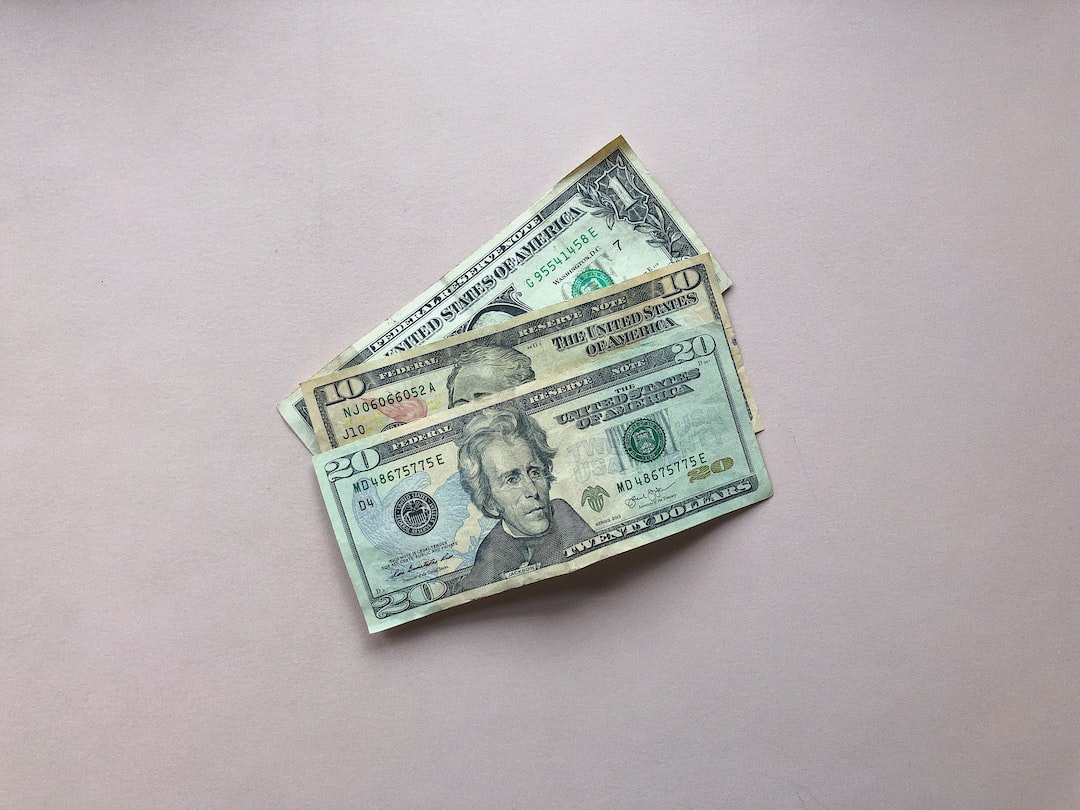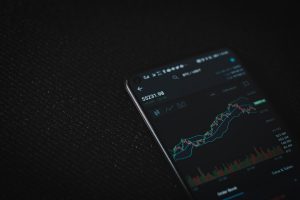The foreign exchange market, or forex, is the largest financial market in the world. With trillions of dollars traded each day, it is a highly liquid market where traders can buy and sell currencies from around the world. In order to participate in this market, traders need to work with a forex broker. But how does a forex broker work? In this article, we will explain the role of forex brokers and how they operate.
What is a Forex Broker?
A forex broker is a financial institution or individual that acts as an intermediary between traders and the forex market. Traders use brokers to access the market and buy or sell currencies. A forex broker can be an online platform or a traditional brick-and-mortar establishment. They offer traders access to trading platforms, tools, and analysis to help them make informed decisions.
Forex brokers earn money through commissions, spreads, and fees. They provide traders with leverage, which allows them to control larger positions in the market than their account balance would allow. This leverage can amplify profits or losses, so traders need to use it responsibly.
How Forex Brokers Work
Forex brokers provide traders with access to the market through a trading platform. Traders can use these platforms to place trades, view charts, and analyze the market. Brokers offer different types of trading platforms, including web-based, desktop, and mobile applications.
Once a trader opens an account with a broker, they can fund it with capital to start trading. Brokers offer different account types, each with its own minimum deposit requirements and trading conditions. These accounts may offer different leverage options, spreads, and fees.
Forex brokers act as market makers, meaning they provide liquidity to the market. They buy and sell currencies, and offer traders the opportunity to take opposite positions. This means that if one trader buys a currency, another trader can sell the same currency. The broker takes a commission on each trade, which is known as the spread.
The spread is the difference between the bid and ask prices of a currency pair. The bid price is the price at which a trader can sell a currency, while the ask price is the price at which they can buy it. Brokers offer different spreads, which can vary depending on the currency pair and market conditions.
Forex brokers also offer traders access to different types of orders. These orders can help traders to manage their risk and protect their profits. For example, a stop-loss order can automatically close a trade if the market moves against the trader beyond a certain point.
Conclusion
Forex brokers play a critical role in the forex market. They provide traders with access to the market, trading platforms, and analysis tools. Brokers earn money through commissions, spreads, and fees. They act as market makers, providing liquidity to the market.
When choosing a forex broker, traders should consider factors such as reputation, regulation, and trading conditions. It is important to choose a broker that is reliable and trustworthy, as the safety of funds and the integrity of trades are critical to success in the forex market. By working with a reputable forex broker, traders can access the market with confidence and make informed trading decisions.





